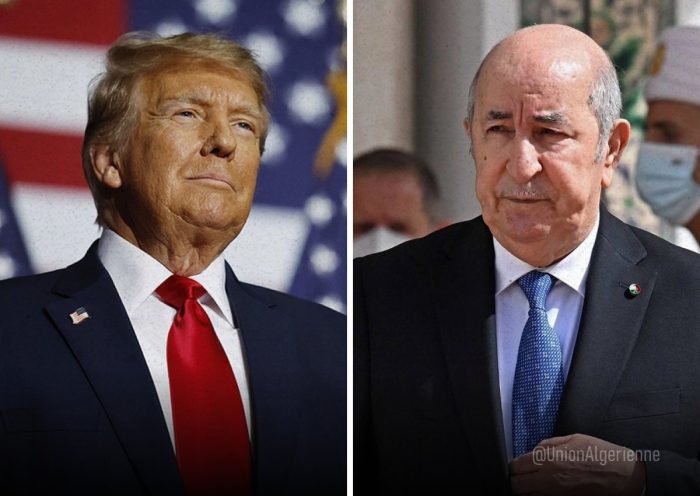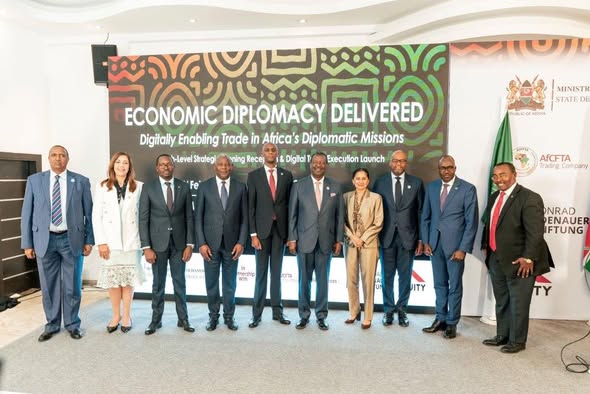Donald Trump Imposes 30% Tariff on Algeria and Threatens Retaliatory Measures

In an official letter addressed on July 9 to Abdelmadjid Tebboune, President of the People’s Democratic Republic of Algeria, U.S. President Donald Trump announced the imposition of a 30% customs duty on all Algerian products exported to the United States, starting August 1, 2025. This measure, justified by the widening trade deficit between the two countries, comes with an explicit warning: any retaliation from Algeria will result in additional surcharges.
“We have decided to no longer tolerate trade deficits as persistent as those caused by the tariff and non-tariff barriers imposed by Algeria,” Trump wrote in the combative letter.
He denounces what he considers unfair trade practices, accusing Algiers of obstructing U.S. exports through enduring regulatory barriers.
This decision follows several months of latent tensions between Washington and Algiers, not only on trade but also diplomatic issues. The U.S. president insists that the new tariff remains well below what would be necessary to rebalance bilateral trade flows.
“The current trade deficit is a threat to our economy and, indeed, to our national security,” he argues, using language that intensifies the tone and positions Algeria among hostile economic powers.
Trump bases his argument on the U.S. Economic Security Act, which he has frequently invoked since returning to the White House to justify targeted protectionist measures. Although Algeria is a long-standing energy partner, it is now being listed among countries whose trade is seen as imbalanced and contrary to U.S. national interest.
An Implicit Critique of Algeria’s Trade Strategy
The letter indirectly highlights the limitations of Algeria’s trade policy, which remains heavily reliant on raw hydrocarbon exports and lacks diversification. Despite publicly stated ambitions for economic restructuring and industrialization, Algeria has failed to develop competitive production platforms integrated into global value chains or attract significant foreign direct investment.
Yet, Trump offers a clear alternative:
“There will be no tariffs if Algeria, or companies operating there, choose to produce directly in the United States,” he states.
The message is unequivocal: manufacture on U.S. soil or face punitive taxes. This “America First” strategy is accompanied by an indirect criticism of Algeria’s industrial policies, which are deemed uncompetitive and closed.
The announced surcharge adds to a series of warnings Washington has issued to Algiers since Trump’s second term began. It could significantly impact already vulnerable Algerian sectors, particularly semi-processed goods and certain consumer products. Above all, it reflects Algeria’s growing isolation in the international economic arena amid shifting alliances and rising geoeconomic tensions.
While Morocco continues to strengthen its economic ties with the U.S. through free trade agreements, industrial partnerships, and proactive diplomacy, Algeria now faces a direct challenge to its foreign trade strategy. Washington is sending a clear message: the lack of structural reforms and the maintenance of a defensive trade environment will come at a cost.
Source : Maroc Diplomatique





